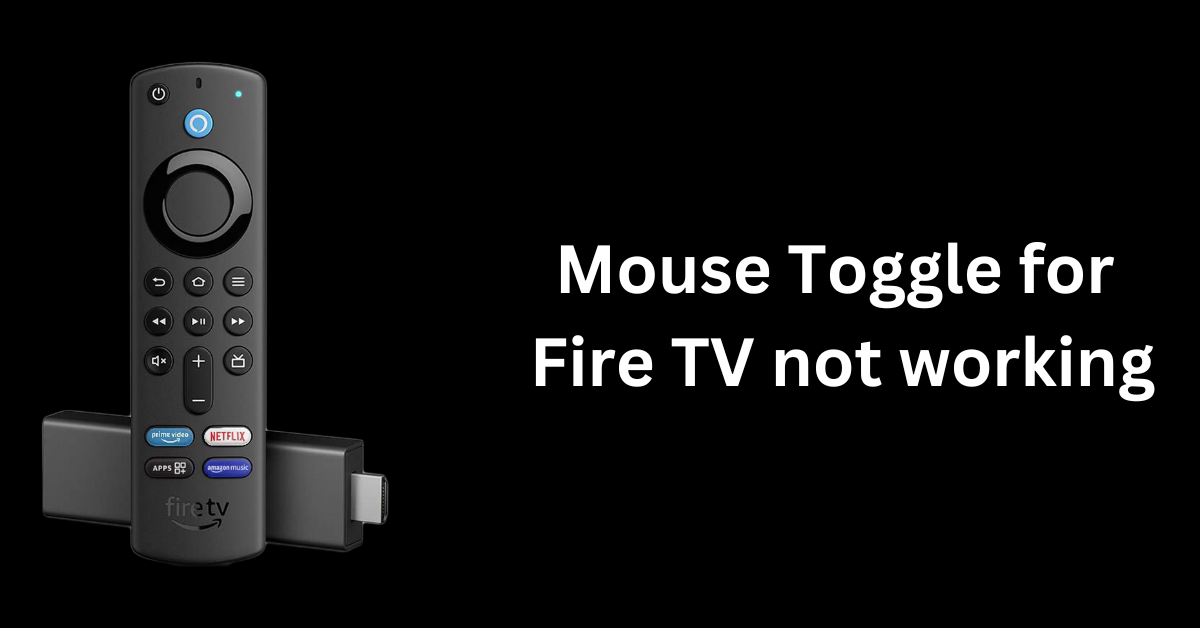Is IPTV Still Being Used?
With the rise of streaming services such as Netflix, Hulu, and Amazon Prime Video, one might wonder if IPTV (Internet Protocol Television) is still a relevant technology in today’s fast-paced digital world. The short answer is yes, IPTV is still being used and continues to evolve to meet the needs of consumers in a variety of ways.
What is IPTV?
IPTV is a technology that delivers television content over the internet using Internet Protocol (IP) networks. This allows viewers to access their favorite TV shows, movies, and live events through an internet connection rather than traditional cable or satellite services. IPTV can be accessed on a variety of devices, including smart TVs, smartphones, tablets, and computers.
Is IPTV Legal?
It is important to note that not all IPTV services are legal. While there are legitimate IPTV providers that offer legal content, there are also illegal IPTV services that provide access to copyrighted material without proper authorization. It is essential for consumers to be cautious and ensure they are using a legal IPTV service to avoid any legal repercussions.
Benefits of IPTV
There are several benefits to using IPTV, which has contributed to its continued popularity among consumers:
- Access to a wide range of international channels
- On-demand content for convenient viewing
- Compatibility with multiple devices
- Cost-effective alternative to traditional cable or satellite services
- High-quality video and audio streaming
Practical Tips for Using IPTV
If you are considering using an IPTV service, here are some practical tips to help you make the most of your viewing experience:
- Choose a reputable IPTV provider that offers legal content
- Ensure you have a stable internet connection for uninterrupted streaming
- Use a VPN to protect your online privacy when using IPTV services
- Explore different IPTV packages to find the best fit for your viewing preferences
- Stay informed about any changes in IPTV regulations to avoid legal issues
Case Studies
Many businesses and organizations are also utilizing IPTV technology to deliver content to their audiences. For example, hotels may offer IPTV services to guests to provide entertainment options during their stay. Similarly, educational institutions may use IPTV to broadcast lectures and educational content to students on campus.
First-hand Experience
One IPTV user shared their experience with the technology, stating that they appreciated the flexibility and convenience of being able to access their favorite TV shows and movies on multiple devices. They also noted that the cost savings compared to traditional cable services was a significant factor in their decision to switch to IPTV.
Conclusion
In conclusion, IPTV is still being used and remains a relevant technology for delivering television content over the internet. With its many benefits and evolving capabilities, IPTV continues to attract users looking for a convenient and cost-effective alternative to traditional cable or satellite services. By choosing a legal IPTV service and following practical tips for usage, consumers can enjoy a seamless viewing experience while staying informed about any regulatory changes in the industry.













